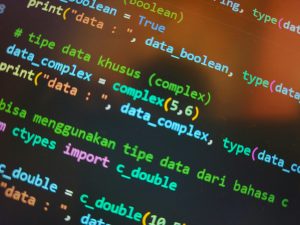AI – Because the Billionaires just aren’t RICH ENOUGH yet!
The Growing Influence of Artificial Intelligence and Its Impact on Society
In recent years, the accelerated adoption of AI and robotics by major corporations has sparked vigorous debate about corporate priorities and technological progress. Contrary to the narrative of innovation and progress, much of this shift appears driven by the desire to maximize profits—further enriching the already ultra-wealthy—rather than genuine advancements that benefit society as a whole.
Currently, much of AI’s development relies on the principle of “Garbage In, Garbage Out” (GIGO), emphasizing the importance of vast data inputs. However, larger datasets filled with biased or irrelevant information do not inherently lead to better outcomes. Simply feeding more data into these systems doesn’t guarantee improved intelligence or decision-making; in fact, it can entrench errors and biases.
If the goal of AI was truly to develop true intelligence, one would expect it to be crafted by the world’s brightest minds rather than by the lowest-cost programming labor, often overseen by a small elite of wealthy investors. Instead, many current projects seem motivated more by financial interests than by genuine technological breakthroughs.
Take, for example, Elon Musk’s creation of Grok. While Musk is undeniably innovative, questions remain about whether his ventures represent meaningful advancements or are more about spectacle and hype. Is he truly inspiring the next generation of thinkers, or merely creating polished facades with little substance?
This entire landscape raises concerns about the broader decision-making processes behind AI development. It appears to be predominantly driven by the desire of the rich to eliminate human labor, which can be replaced by automated systems—often at the expense of workers’ futures. Meanwhile, powerful interests may lobby to prevent regulatory oversight, ensuring that AI’s rapid expansion goes unchecked for years.
Just as the United States experienced economic decline after offshoring manufacturing to exploit cheap labor, the global economy risks becoming hollowed out through an overreliance on artificial intelligence. Without careful oversight and a focus on equitable development, we may find ourselves in a future where human contribution is devalued, and societal disparity widens.
This perspective underscores the need for thoughtful discussion and responsible stewardship as we navigate the complex future of AI technology.














Post Comment